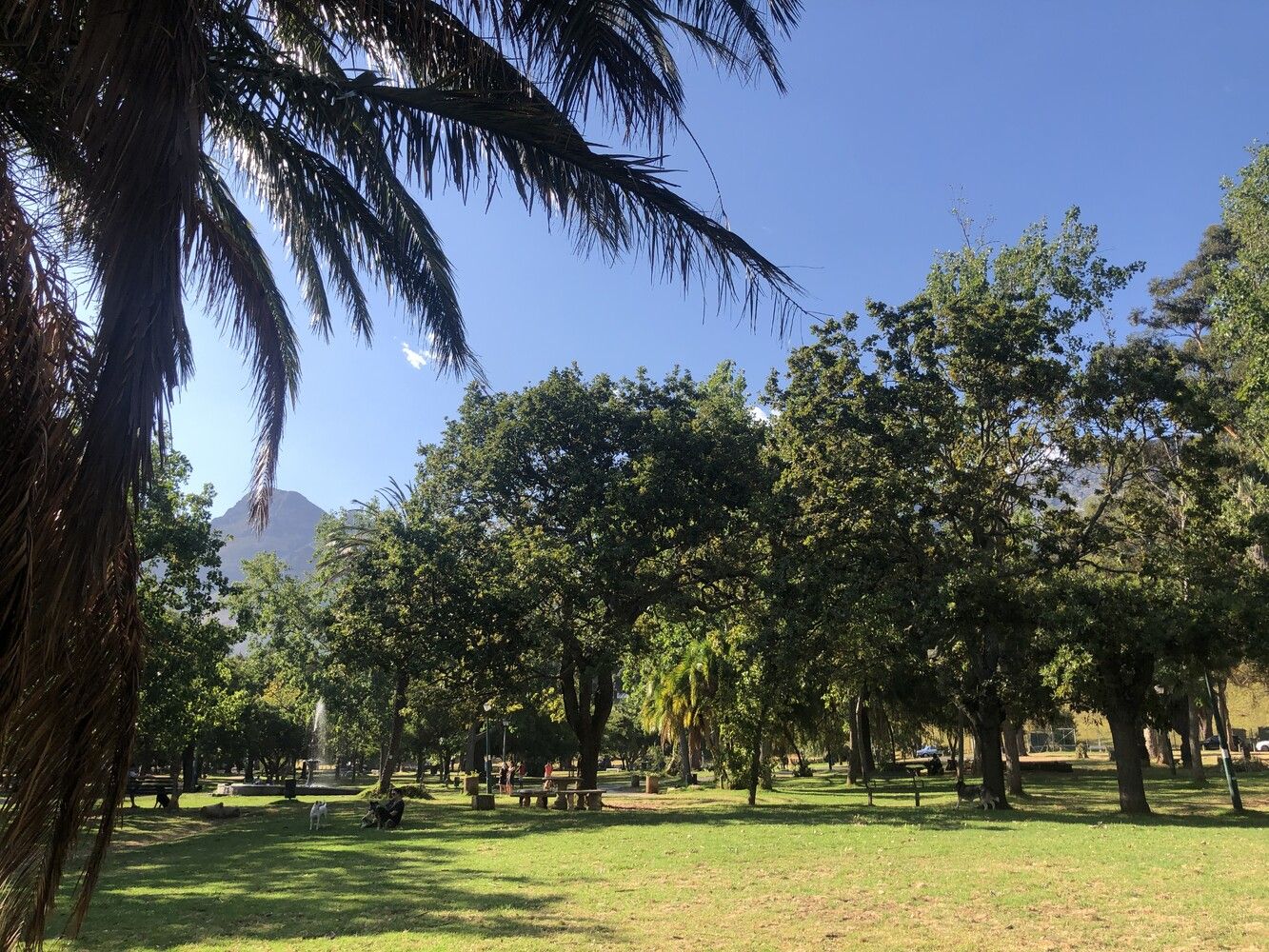I love going to De Waal Park in the morning with my daughter, Lucy. In those early hours, before the world begins buzzing with activity, everything feels refreshingly simple. It's a precious slice of time where I can relish watching Lucy explore, knowing that my most important job in that moment is to give her my undivided attention. There's no buzzing phone, no distractions – just Lucy and me in our sacred space.

Recently, our morning routine took an unexpected turn when a familiar face from the park approached us. She took a moment to highlight that she was at the park everyday and had seen me many times. Then went on to acknowledge the genuine connection and attention she has seen me giving Lucy, emphasising the absence of a phone stealing my focus. This encounter was more than just a pleasant interaction; it became a catalyst for deeper reflection on the significance of being present.
If you’re a parent, you know how quickly time goes by with little ones. While it may seem like just another morning in De Waal park - it’s also a morning that won’t come around again. It's easy to succumb to a future-oriented mindset or get lost in a mental catalogue of to-dos while engaged in something else. This heightened awareness has brought to light how our mental states significantly impact the quality of parenting, work, and the cultivation of positive relationships.
I am of course not always 100% present all the time. There are moments when I am trying to get so much done that I task switch between multiple things at once. Just the other day I was listening to a voice note from a team member while weeding through my inbox at the same time. Which only resulted in me not listening to the voicenote properly, possibly letting an important mail slip into my archives, and having to go over both again. In short, the myth of multitasking caught me again, and instead of halving the time spent on these tasks I doubled it by trying to split my attention 50/50.
Being present is not only about being productive and getting tasks completed. When leaders consciously choose to be fully present, it has an effect on the entire team. Miscommunications, briefs not properly shared, and the widespread struggle to stay attentive in virtual meetings often stem from a lack of genuine presence. When we become more present and engaged, we signal that we care about our team members, resulting in them feeling heard, seen and acknowledged. There's then a noticeable improvement in the quality of interactions, leading to more effective communication, creative collaboration, and, ultimately, better outcomes.

